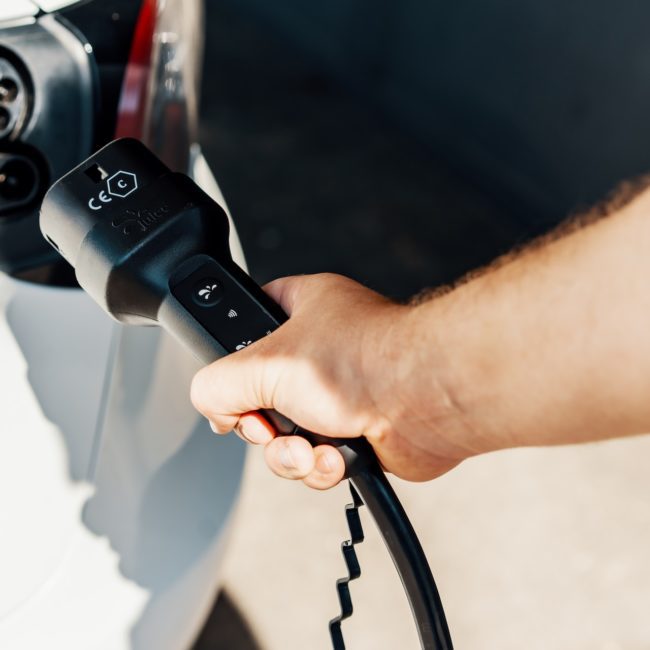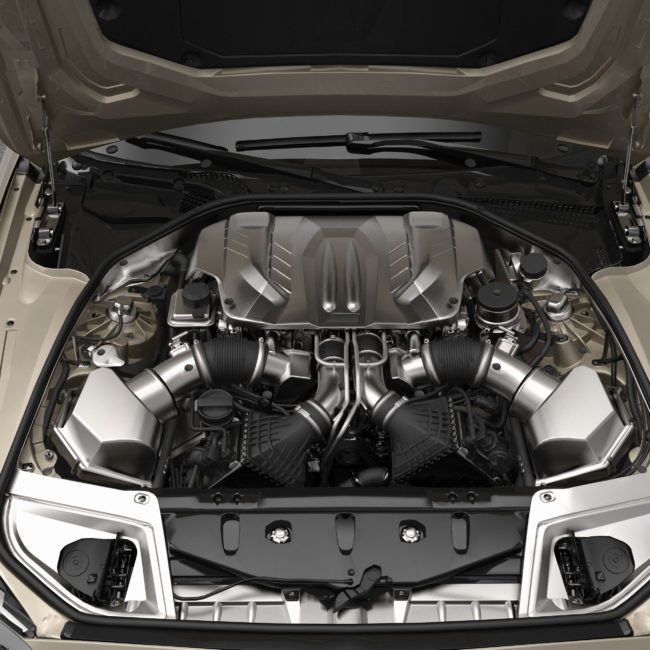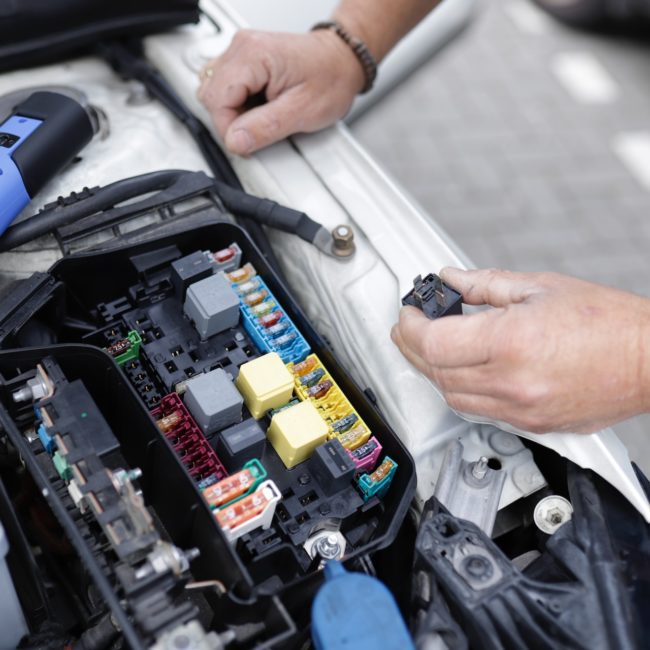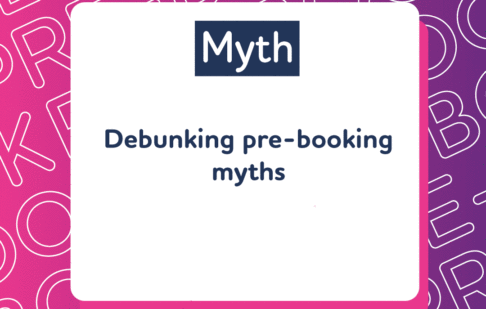Making the switch to EV doesn’t necessarily mean buying a new car.
There’s an increasing trend of converting previously internal combustion engine-powered cars and vehicles to electric ones.
Taking a car you love, or a classic you’ve always wanted to own and turning it into a greener electric vehicle sounds like a fantastic project, but understandably there might be questions if you decide to do something as drastic as taking the engine out of your car.

How do EV conversions work?
On paper EV conversions sound straightforward. You’re swapping the mechanical parts of the car that make it run on petrol – engine, fuel tank, exhaust, gear box, etc. for parts you’d typically see in an electric car.
That lets you keep everything you liked about petrol car (unless it was the engine) while introducing modern technology and a greener way of travelling. This is why there’s an exploding market of businesses restoring and converting old classic cars into pristine EVs.
How do I convert my car to EV?
There are a couple of options when it comes to doing an EV conversion.
Firstly, you could attempt the work yourself. However, making such a drastic modification to a car isn’t something to take lightly. It’s a long process and if you don’t know what you’re doing could cost you a fortune.
Secondly, you enlist professionals. There are a growing number of specialist garages and companies that can take your car and carry out all the conversion work for you. This way you just hand over the car you want to convert and wait.
Some of these companies have massive waiting lists now, so it’s worth researching if you want a specific group to tackle your car.

How expensive are they?
Switching your car over from petrol to electric isn’t necessarily the cheapest thing you can do. Depending on the car, the components, the people completing the work and in the case of restoring classic cars, the level of finish, can see prices range from a few thousand to over a million pounds.
In some cases, think of it as buying two cars, the one you want to convert, and the EV that’s going to “donate” its EV bits.
When you think of it in terms of potentially buying two cars, it’s easy to see why such a big project isn’t something to take lightly.

How does conversion work legally?
Converting a car to being fully electric is completely legal, but there are some hoops that you need to jump through once the conversion work is finished.
Firstly, you need to re-register your vehicle. This involves several forms and a £55 registration fee and evidence of all the work that has been completed on your car. This is only an application to be able to register your vehicle, if you’re successful you’ll be sent a new V5 registration doc.
Once you’ve got your vehicle registered, depending on its age, you’ll need an MOT too. This isn’t the case if you’ve converted a classic car that’s over 40 years old.
Lastly you need to insure your vehicle. That might increase the cost of your insurance as technically your EV conversion is a rebuilt, or radically altered vehicle. So, your premium might be higher, so it’s worth shopping around to get the best quote possible.
Making the switch to driving an EV makes sense long-term, especially as the focus shifts towards electric being the preferred way of getting about. Deciding to convert a car to EV instead of buying an existing EV seems like a question of time and budget, if you’ve got the time and budget to do it, and there’s a car you really wish had an electric version, then it might be a great way to invest time and money in a project you’ll enjoy.
To find out more about everything EV and other tips that make travelling easier follow us on social media.


